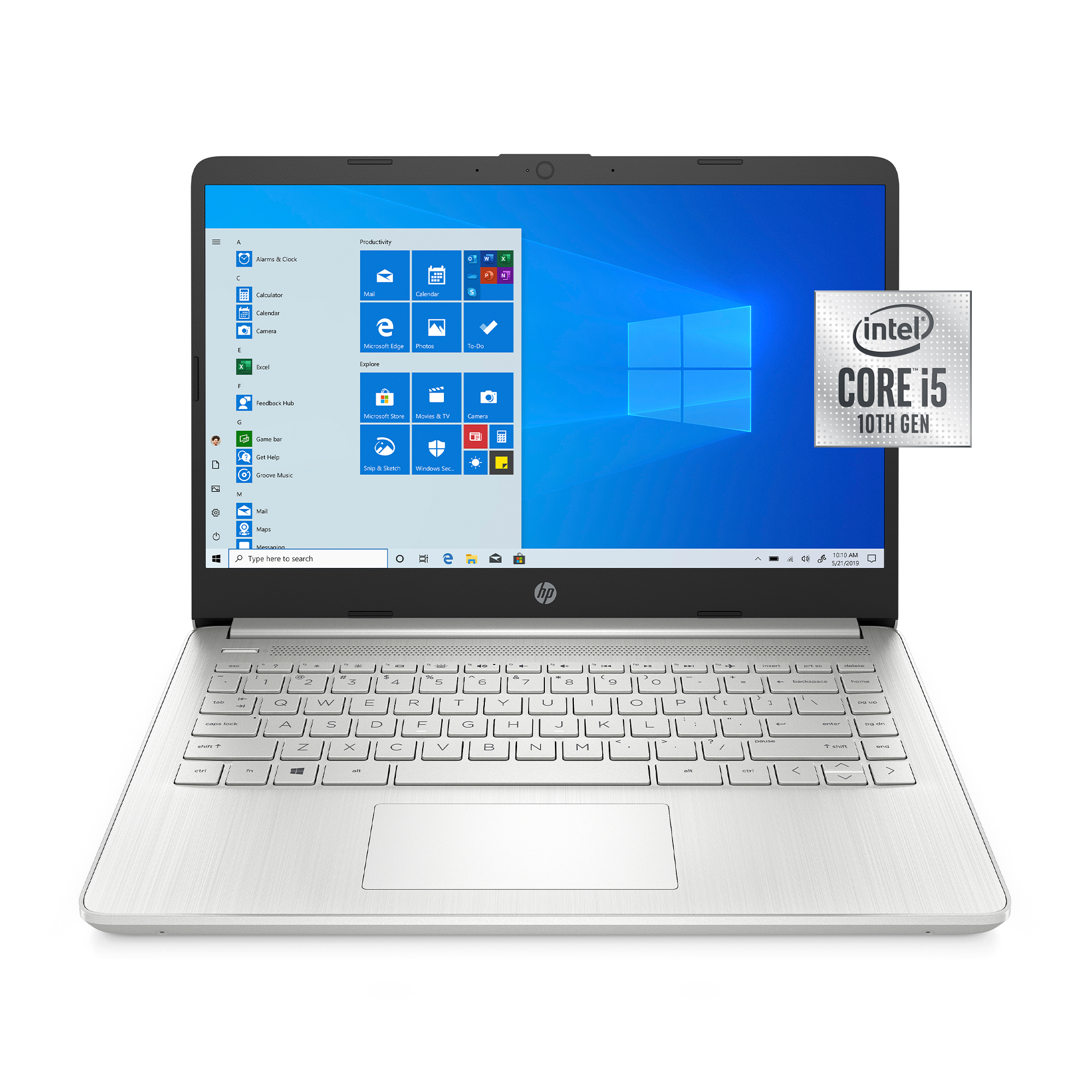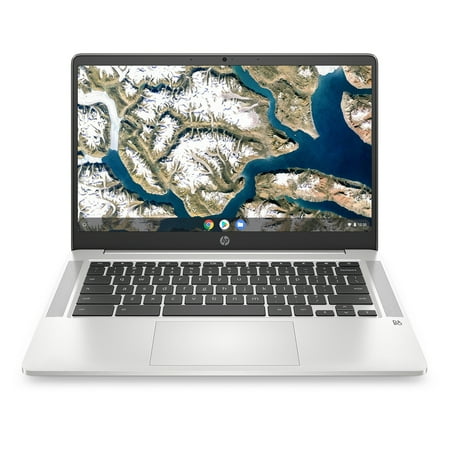Dell G15 Gaming Laptop – Dell USA
15.6-inch gaming laptop with 11th Gen Intel® Core™ processors, NVIDIA® GeForce® graphics, and Game Shift technology.
Engineered to crank up the action
Keep cool: The Alienware-inspired thermal design incorporates a dual air-intake from the top of the keyboard and the bottom of the G15 11th gen. This air is then expelled through the four vents located on the sides and rear to maximize airflow over the copper pipes for optimal cooling and heat dissipation.
Improved power: The latest advancements to the thermal design give the G15 11th gen the headroom to deliver ample power while adapting to a changing system load. This allows components to stay cooler, and clock speeds to remain higher while running even the most demanding applications.
Storage makes all the difference: Experience faster boot-ups and more storage space thanks to optional dual drive configurations including SSDs.
Full speed ahead: When opting for NVIDIA RTX 3060 graphic card, optional Killer Gigabit Ethernet and optional Killer™ Wi-Fi 6 ensure low latency gaming, smooth HD streaming video, and interruption-free voice and video chats.
Game at a whole new level
Get drawn in: Rapid refresh rates and FHD resolution ensure fast, smooth and detailed gaming. Play on the standard 120Hz display panel (coming soon) with 250-nit brightness; or opt for the 165Hz display panel with 300-nit brightness, sRGB 100% color gamut, and 3ms response time.
Game like you mean it
Vivid sounds: Dual speakers with nahimic 3D Audio for Gamers let you hear every plan of attack with crisp clarity.
Light it up: Game clearly in low-light settings with an optional 4-zone RBG backlit keyboard with WASD controlled by the Alienware Command Center.
Power that lasts: Don’t let your gaming revolve around a plug; now you can quick-charge your system with a 56Whr battery (86Whr battery with RTX 3060).






by Aussie
The graphics are incredible. the machine responds quickly and is easy to navigate. Great value for money in a Gaming computer
by Mike
bought this laptop for a variety of things and I’m so impressed by the speed. one click and your there. no loading screens.
by Eric
Good price point. Fast reliable machine.
by Steeler
Just needs like 1 more USB Port and More the 8GB of Ram and it would be perfect!
by Netbert
Enjoying my new purchase. Was originally going to purchase the x15, glad I decided on the g15.
by Deelyte
only thing I don’t like is it get too hot when the pc got to me I had to take the turbo off temp like 90 to 100 degrees cel otherwise runs great.